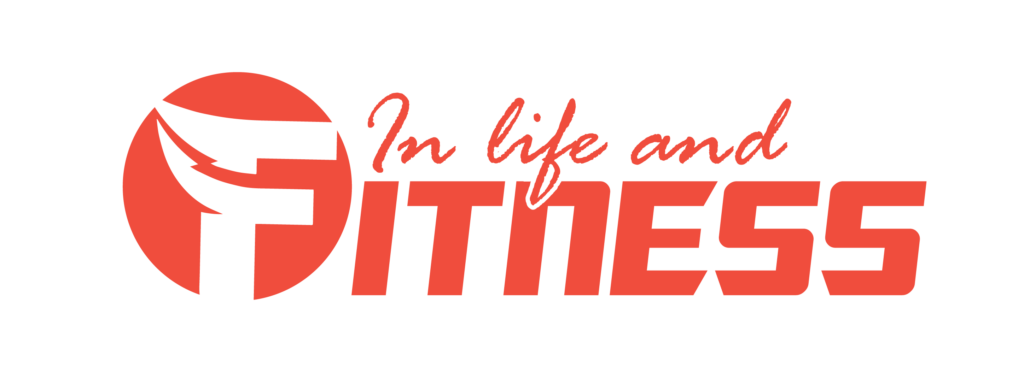Guys, if you hit a plateau, this should help. I’ve been there, and this is how I, personally, broke through.
We all know muscle growth plateaus can be frustrating for anyone trying to make gains, but the good news is that there are several effective strategies to overcome them. Let’s discuss some key ways to break through plateaus and continue building muscle, backed by research-backed data.
- Get Enough Sleep
Sleep plays a critical role in muscle growth, as it is during sleep that the body repairs and rebuilds muscle tissue. A study published in the Journal of Sports Science and Medicine found that getting enough sleep led to greater muscle growth compared to not getting enough sleep.
To get enough sleep, aim for 7-9 hours per night, and avoid using electronic devices in the hour leading up to bedtime. This will help you to fall asleep faster and get better quality sleep.
When it comes to muscle growth, recovery is king!
- Use Progressive Overload
Progressive overload is the gradual increase of resistance or weight used in training. Muscle is a byproduct of strength; it’s essential for continued muscle growth, as the body adapts to the stress of weightlifting and needs more resistance to continue growing.
A study published in the Journal of Strength and Conditioning Research found that progressive overload led to greater muscle growth compared to training with the same weight and reps over time.
To implement progressive overload, you should aim to increase the weight you are lifting or the resistance you are using each time you train a muscle group. This can be done by increasing the weight by 2-5% each workout or by adding an extra rep to your current weight.
3. Increase Protein Intake
Protein is essential for muscle growth, as it provides the building blocks for muscle tissue. A study published in the American Journal of Clinical Nutrition found that increasing protein intake led to greater muscle growth compared to a normal protein intake.
To increase protein intake, you should aim to consume at least 1 gram of protein per pound of body weight per day. This can be done by consuming more protein-rich foods such as chicken, fish, eggs, and dairy, or by supplementing with a protein powder.
4. Reduce Stress
Stress can have a negative impact on muscle growth, as it releases the hormone cortisol, which can break down muscle tissue. A study published in the Journal of Applied Physiology found that reducing stress led to greater muscle growth compared to high stress levels.
To reduce stress, you can practice stress-reducing techniques such as yoga, meditation, or deep breathing exercises, or anything that brings you peace of mind. You can also try to reduce stressors in your life, such as work or relationship issues. Additionally, engaging in activities that you enjoy, such as hobbies or spending time with loved ones, can also help to reduce stress.
5. Maximize Effort While Performing Sets
In the past, I’ve been guilty of breezing through reps and sets, but by doing this, you end up shooting yourself in the foot. The body is adaptive, but only to stress, and its your job to stress it through resistance. By the time you get to the end of your desired rep range, and lets just say its 6-8 reps, you should be close to or at complete failure— this is effort, and it will reflect in your physique, and your overall gains.
In conclusion, there are several effective ways to overcome muscle growth plateaus. By improving sleep, using progressive overload, increasing protein intake, reducing stress, and maximizing your overall effort, you can continue to build muscle and breakthrough. It’s important to note that muscle building is a gradual process and it requires patience, consistency, and the right approach.
Remember, I’m here if you need any additional help! You got this!
-Rob
#InLifeAndFitness

